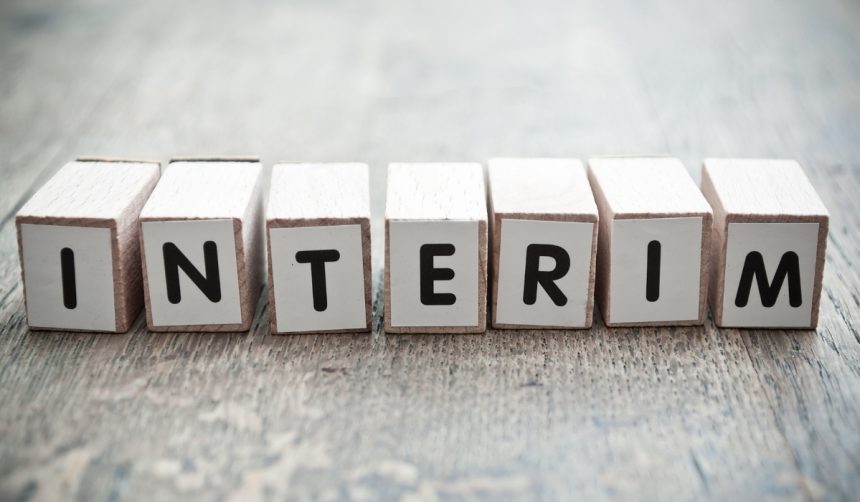Wordle remains a daily touchstone for many, blending the joy of problem-solving with the simplicity of guessing a five-letter word. As the puzzle for June 14, 2024, presented new challenges, participants worldwide engaged with a familiar interface, seeking to extend their winning streaks or break personal records. Community discussions often revolve around effective tactics and optimal starting words, with an increasing number of enthusiasts sharing their experiences and tips across social platforms. The game continues to cultivate a loyal player base through its approachable rules and subtle complexity, keeping daily guessing routines both fresh and stimulating.
Media coverage of Wordle has previously highlighted its rapid acquisition by The New York Times and its influence in driving spin-off puzzle games, such as Heardle and Worldle. Earlier reports placed strong emphasis on the social sharing aspect, with colorful score grids filling timelines on Twitter and discussion groups analyzing the puzzle’s structure. Gameplay advice was typically broad, but recent guides have offered more nuanced tips, such as selecting words with balanced consonant and vowel mixes or avoiding duplicates. Over time, hints and answer posts have become a regular fixture for those seeking assistance or simply looking to confirm their choices.
How Did Today’s Wordle Puzzle Play Out?
The Wordle puzzle for June 14 introduced ‘GHOST’ as the answer, drawing a pop culture connection for those familiar with the classic film phrase:
Busting these makes everyone feel good.
This playful clue served to direct guesses while maintaining the challenge, as no repeating letters featured in the solution. Players using calculated starting words often navigated toward the correct answer through a process of elimination and careful letter selection.
What Strategies Do Experts and Enthusiasts Suggest?
Experienced players frequently recommend opening with five-letter words containing a blend of common consonants and vowels, such as ARISE, in order to maximize the information revealed with each guess. Applying a tactical second word allows for a faster whittling down of plausible answers, especially when combined with attention to letters recently highlighted in the puzzle. Advice also stresses the importance of patience, encouraging users to treat the game like a crossword to avoid rushed errors and take breaks between guesses for better decision-making.
How Has Wordle Maintained Its Widespread Appeal?
Since its creation by Josh Wardle, Wordle has inspired a suite of similar titles and quickly gained traction after its acquisition by The New York Times. The game’s universal appeal rests on its transparent mechanics—six attempts to decipher a daily hidden word, using only legitimate five-letter English words—with instant feedback given after each attempt. This approach sustains player interest by balancing challenge with fairness, while the lack of a time limit reduces pressure and fosters a more enjoyable experience.
Increasingly, Wordle’s integration into social media and messaging platforms reinforces its position as a shared activity, encouraging friendly competition and collaboration. The answer archive supports more dynamic play by enabling informed guesses and filtering out previous solutions, such as the recent words “BILGE,” “VIXEN,” and “PLAID.” As users track trends over consecutive days, strategic approaches evolve, with some favoring patterns in letter usage and frequency to bolster their success rates.
Wordle’s standing as a daily ritual for thousands stems from its blend of habit-forming simplicity and cognitive engagement. For players seeking to refine their technique, starting with balanced guesses and reviewing historical answers can significantly improve accuracy. Approaching the puzzle as a mind exercise, rather than a pressured race, enhances both enjoyment and success. Regular exposure to varied answer types helps participants anticipate future themes and sharpen their word deduction skills, leading to more consistent wins.










